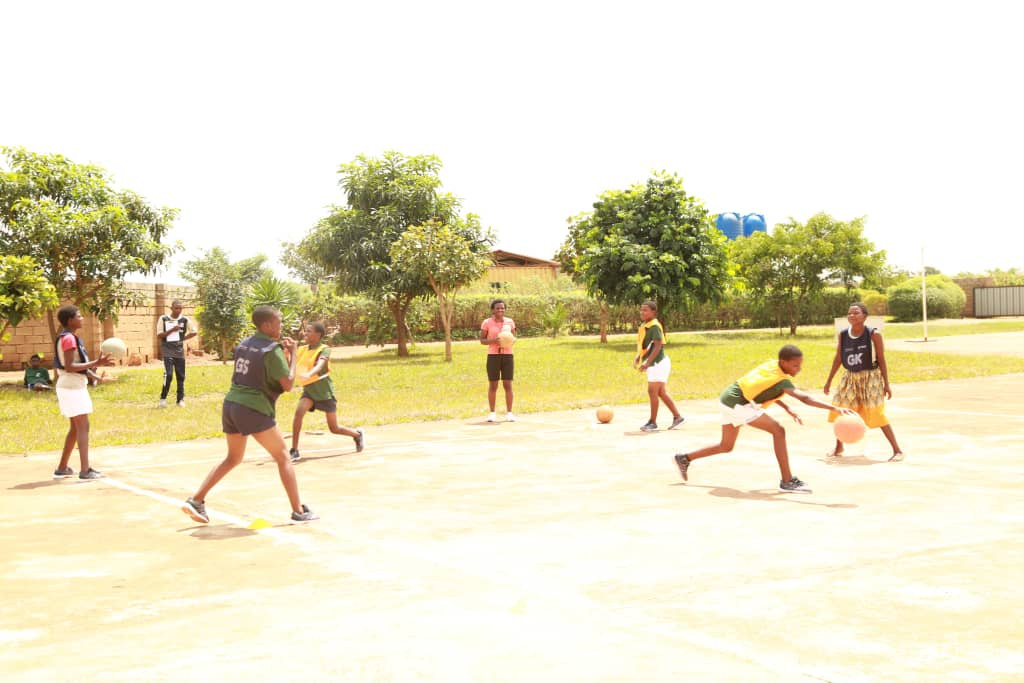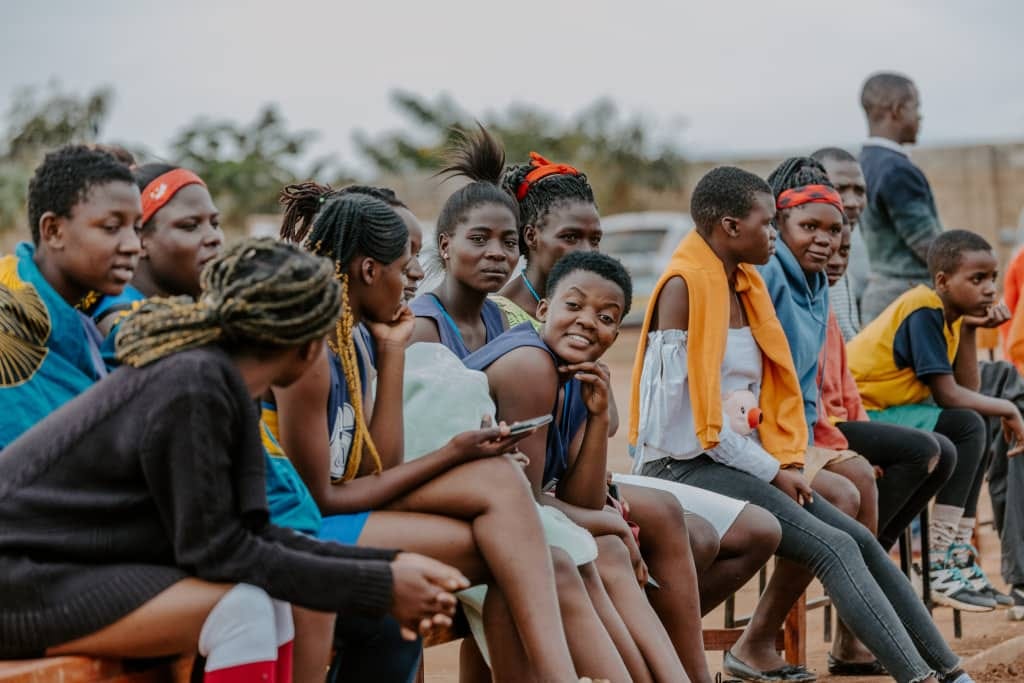Malawi project uses sports to empower youth, address gender-based violence
Gender-based violence hinders women's economic freedom in Malawi, writes Hafsa Twaya.
Lilongwe, Malawi – Gender-based violence remains a hindrance to development in most parts of Malawi, as women and girls continue to face significant socio-economic hindrances in their quest for economic freedom, writes Hafsa Twaya.
According to a USAID report, men and women are not given equal opportunities in terms of empowerment and vocational skills, resulting in a higher percentage of illiterate and economically challenged females (38 percent) compared to their male counterparts (51 percent).
The Reconnect Malawi Project, championed by the Bhupesi Pride Foundation (BPF) in collaboration with ChildFund Sports for Development, is making strides in changing this narrative by empowering both girls and boys with life skills messages through sports.
In the project, the organisation trains young people through sports such as rugby and netball.
After playing a series of sports games, members have a half-hour recess during which they participate in a discussion circle to address life skills issues.
Nohara Chinguwo, BPF's executive director, states, "Many youths are facing challenges ranging from gender inequality to school dropouts. So, we thought to combat these challenges by providing life skills, leadership skills, and gender equality skills among others, through this initiative."
Since its establishment in January 2022, the initiative has impacted over 1,000 young people in and around Traditional Authorities Mtema and Chitukula in Lilongwe, including men and women, through various sports such as rugby and netball.
One young woman, Queen Chipeta, revealed to AfricaBrief that her life has been immensely transformed by the initiative.
She says that through the knowledge she gained from the initiative's discussion circles, she has acquired skills related to leadership and gender equality.
Chipeta says, "Through this initiative, I have learned a lot about the equality of men and women as human beings, and hence they should have equal opportunities. Initially, there were many gender-related issues in our community that we could not address because we believed they were normal. But now, thanks to the life skills and knowledge I have gained from the Reconnect Malawi project, I am an independent woman who can stand up for my own voice to be heard."
Chipeta further says the initiative has boosted her self-awareness, and she is now well aware of her rights and freedoms.
Another young person, Kamisho Kalilombe, has also benefited from the Reconnect Malawi project.
He says that he used to have a traditional view of masculinity.
However, due to the interventions from the project, he now has a clear understanding of what masculinity and feminism are.
"I used to prevent my wife from engaging in any business or income-generating activity because I thought those tasks were masculine in nature and not appropriate for women. But thanks to the engagements with Reconnect Malawi, I have changed and now recognise equal opportunities for both men and women," says Kalilombe.
Kalilombe adds that he has also learned from the same initiative that women are pivotal to the development of their communities and the country as a whole and should therefore be given equal opportunities.
"Since I allowed my wife to engage in income-generating activities, our lives have changed as we share roles in our family," says Kalilombe.
Chinguwo asserts that many youths who have been transformed through the initiative are now able to set SMART (Specific, Measurable, Achievable, Realistic, and Time-bound) goals for their lives.
"Some youths used to go to school without a proper vision for their lives. This affected their performance in school as it had no direction. However, as a result of our engagements with them, they are now able to set goals and have a clear vision of what they want to be when they complete education," says Chinguwo.
BPF aims to develop its own curriculum for sports that will help solve social problems affecting Malawians.
The organization further seeks to transform 200 youths each year through the establishment of Sports for Development clubs.
Like any other local organization, BPF faces economic challenges. Due to the financial constraints, they are currently experiencing, they have scaled down some activities that were initially scheduled to match their budget.
Despite the challenges, BPF is committed to its mission of using sports to empower youth and address gender-based violence in Malawi.





This is indeed a great development, continue the good work bpf is doing